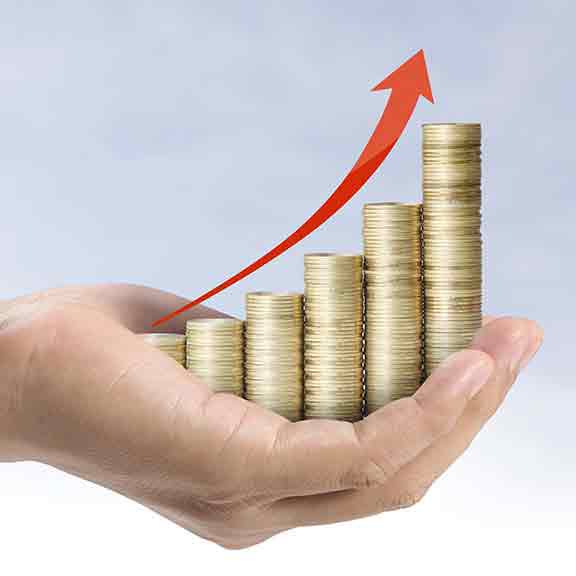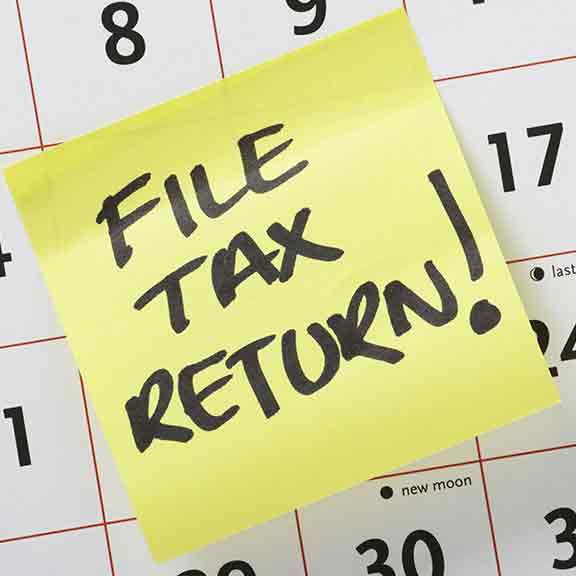It can often seem that just as you get your household budget in shape, a government budget comes along and knocks it off-course. We know it's not easy managing your personal finances and trying to work out how the bigger picture will affect your household. We can't guarantee plain sailing, but our expert advice, inside information and essential tips will help steer you to calmer waters.
Budget
From the federal budget to your household budget, we've got inside information, essential tips and advice you can trust.
Product Groups
Cost of living
- 19 Articles





